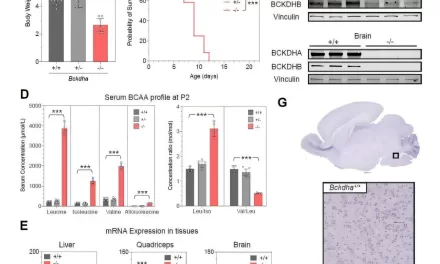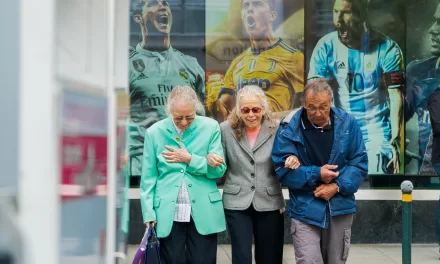New Delhi: The Drugs Controller General of India (DCGI) has requested additional safety data from the developers of two tuberculosis (TB) vaccine candidates, VPM1002 and Immuvac, following a review of their phase-3 clinical trial results.
According to the minutes of a Subject Expert Committee (SEC) meeting held on February 25th, the panel has asked for more comprehensive safety information. VPM1002, a recombinant BCG vaccine (a modified version of the BCG vaccine), is being developed by the Serum Institute of India. Immuvac, a heat-killed suspension of mycobacterium, is being developed by Cadila Pharma under the technical guidance of the Indian Council of Medical Research (ICMR).
The phase-3 clinical trials for both vaccines are designed to assess their efficacy and safety in preventing TB spread among healthy household contacts of newly diagnosed TB patients.
TB remains a significant public health challenge in India, being the leading cause of death among communicable diseases. Recent government efforts, including a 100-day TB camp, identified 719,000 new cases, in addition to the 2.6 million cases reported annually. The government is now expanding this campaign nationwide, aiming to eliminate TB by 2025, five years ahead of the United Nations’ Sustainable Development Goals (SDG) deadline of 2030.
“These studies are being done, and we are expecting good outcomes. Disease elimination is achieved on the basis of very effective vaccines, for example in case of polio, small pox etc. In the ongoing trials in India so far we haven’t achieved that level of protection,” stated an official who participated in the SEC meeting.
The official further explained, “The recombinant BCG vaccine (VPM1002) which is under trial is being produced by Serum Institute of India, while Immuvac (heat-killed suspension of mycobacterium) vaccine is being produced by Cadila Pharma. Both the vaccines are being tried to look at the prevention of TB disease. Though one of them gave satisfactory results, but still we are evaluating for more good results. It is now up to ICMR to take it forward.”
The government is also utilizing RT-PCR machines, initially deployed during the COVID-19 pandemic, for TB screening. Indigenous diagnostic kits developed by ICMR have also improved efficiency by enabling the processing of 32 tests simultaneously. Furthermore, TB drugs are provided free of charge to patients in both government and private hospitals. The government has also approved the six-month multidrug-resistant TB regimen, “BPaL” (Bedaquiline, Pretomanid, and Linezolid), which has demonstrated high success rates.
Queries sent to the mentioned drugmakers and the health ministry remained unanswered at the time of publishing.
Disclaimer: This news article is based on the provided information and should not be considered medical advice. The development and approval of vaccines are subject to rigorous scientific evaluation and regulatory processes. The information provided reflects the current status as reported and may be subject to change. Always consult with healthcare professionals for accurate and up-to-date medical information.












